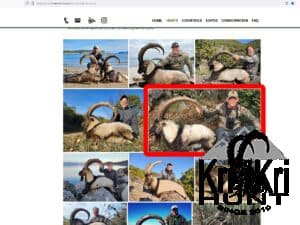
From Conservation to Corruption: The Dark Side of Macedonia’s Kri Kri Hunts
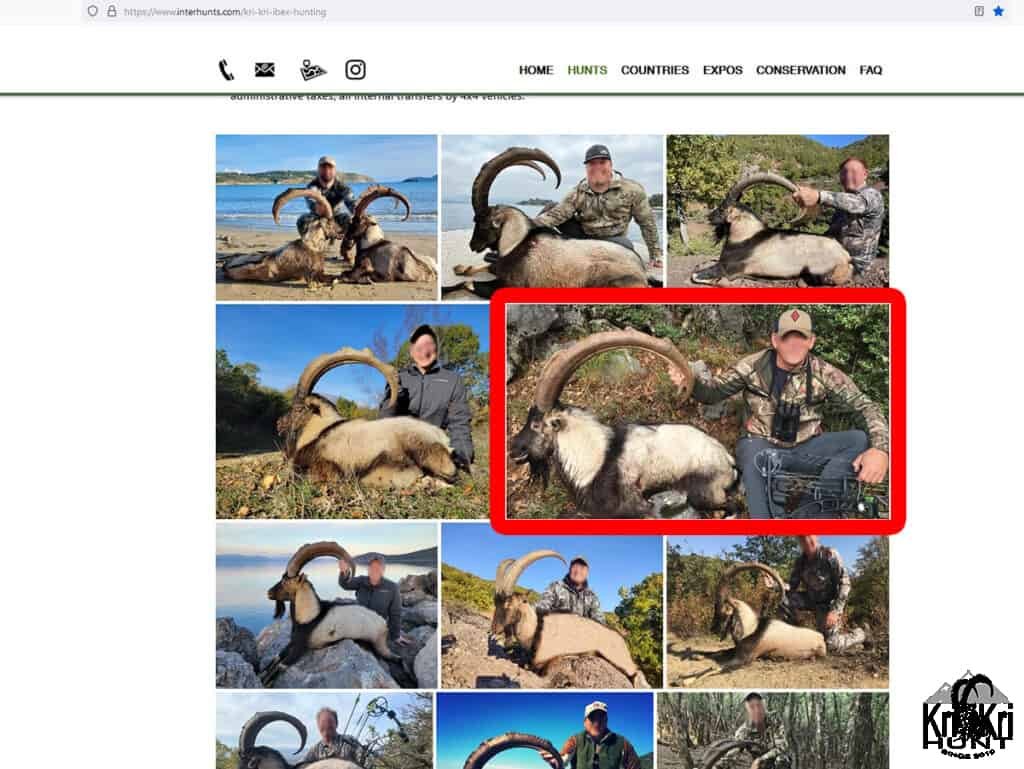
Ethics vs. Profit: The Stark Reality of Macedonia's Kri Kri Exploitation
The management of wildlife and conservation practices often varies significantly from one region to another. This article explores two contrasting case studies: the sustainable hunting of the Kri Kri ibex on Sapientza Island in Greece, and the high fenced hunting practices in Macedonia. These cases offer a unique insight into how hunting impacts conservation, legal issues, and economic aspects of wildlife management.

Case Study 1 – Real Hunt: Sustainable Hunting of Kri Kri Ibex on Sapientza Island.
In Greece, hunting the Kri Kri ibex, a species under the protection of the Bern Convention, is strictly regulated. This regulation ensures that hunting contributes positively to conservation efforts. The Greek government issued special hunting permits, controlling the number of animals hunted to maintain the population at sustainable levels.
Economic and Conservation Impact: The revenue generated from these hunting permits is crucial. It not only supports the Greek government but also contributes to maintaining the natural habitat on Sapientza Island. This model balances economic gain and conservation, showcasing how regulated hunting can aid in wildlife management and habitat preservation.
Case Study 2 – Fake Hunt: High-Fenced Hunting in Macedonia
Contrasting sharply with the Greek model, the high-fenced hunting areas in Macedonia present several legal and ethical challenges. The primary concern is the alleged illegal trade of animals, specifically the Kri Kri ibex, violating the Bern Convention.
Financial Dynamics and Ethical Concerns: In this model, the financial benefits of hunting primarily enrich private owners. The funds are reportedly used for further advertising and acquiring more animals from the zoo in Greece. This raises significant ethical questions about the welfare of the animals and the legitimacy of the hunting practices.
Insights on Kri Kri Ibex Trophy Records and Conservation Efforts
The inclusion of the Kri Kri ibex in the Safari Club International record books, despite its endangered status, is alarming. Furthermore, relocating these animals from Greece to North Macedonia for hunting purposes raises severe concerns about the true nature of their transfer and the adherence to international wildlife protection agreements.
Conclusion: These case studies illustrate the complexities involved in wildlife conservation and the management of hunting practices. While Greece demonstrates a model where hunting can coexist with conservation efforts and benefit habitat maintenance, the situation in Macedonia highlights the challenges and ethical concerns that arise when economic interests overshadow legal and conservation considerations.
Recommendations and Future Perspectives: It is imperative to adopt more transparent and ethical practices in wildlife management. Strengthening international cooperation and enforcing legal frameworks like the Bern Convention ensure that hunting practices contribute positively to conservation efforts and do not exploit vulnerable species.
The Crucial Role of Reputable Hunting Organizations in Combating Illegal Wildlife Trade
If reputable hunting organizations take a firm stand against the illegal trade of wildlife by excluding all trophies obtained through illicit means from their awards and record databases, it could significantly curb such unlawful practices. This proactive stance would not only halt the illegal trade in these animals but also safeguard the organizations themselves from potential public backlash and criticism. These organizations are increasingly under scrutiny and face mounting pressure from environmental groups. Any misstep or leniency towards illegal activities could lead to intensified attacks and vilification from conservation advocates. Therefore, it’s imperative that these organizations maintain stringent standards and transparent practices to uphold their reputation and credibility. Moreover, a strict policy against trophies from illegal trade could have far-reaching positive effects on wildlife conservation. By eliminating the market for illegally obtained animals, natural habitats of protected species could see a resurgence. This would allow for the natural growth and proliferation of wildlife populations currently threatened by illegal trade. In turn, this would contribute to the preservation of biodiversity and the strengthening of ecosystems. Such actions by hunting organizations are not just beneficial for wildlife conservation; they also align with ethical hunting practices. By prioritizing the protection of species and their habitats, these organizations can lead by example and demonstrate a commitment to sustainable and responsible wildlife management.
Call to Action
We appeal to everyone who values ethical hunting and wildlife conservation to join this cause. Please sign the petition at https://krikrihunt.eu/stand-for-ethical-hunting-petition/ to stand against unfair practices and illegal trade in hunting. Your
support is vital in driving positive change and ensuring the integrity of hunting as a respected and responsible activity.
More stories for Kri Kri ibex

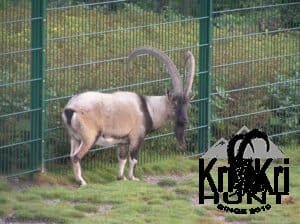
Stand for Ethical Hunting – Petition
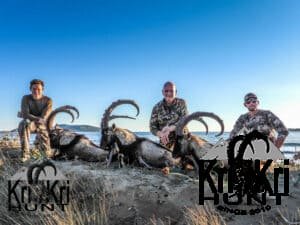
Hunting Kri-Kri Ibex: A One-of-a-Kind Experience

How Trophy Hunting Saved the Kri Kri Ibex From Extinction: A Historical Analysis
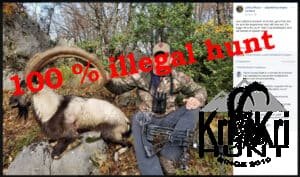
What is illegal Hunting for Kri-Kri Ibex?

What is the Kri-Kri Ibex?

Greece needs assistance to reinstate bow hunting
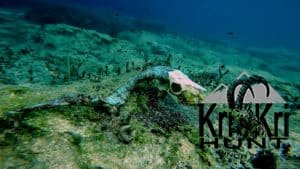
What? You never heard this before? Goats can swim.
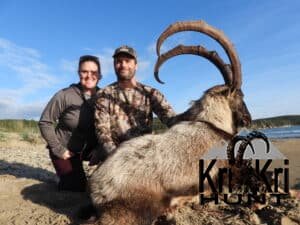
Sapientza island Kri Kri ibex- treasure hunt
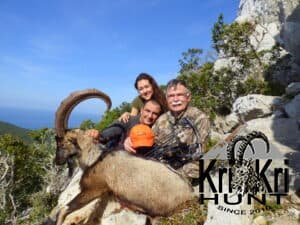
Kri Kri ibex bow hunt

Top 3 at SCI – Kri Kri ibex
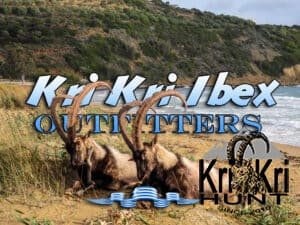
Happy New Year 2022 Kri Kri hunt

Wild Wild West & Kri Kri hunting

What a story! What a Kri Kri hunt!

One-shot, one Kri Kri ibex is enough. Congratulations Rodrigo !
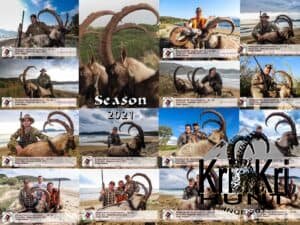
Ancient Olympic Games winners

Sapientza mouflon – challenge for all OVIS hunters

Shooting with shotgun a Kri Kri ibex is not easy

Bullseye on 150 meters with shotgun on a Kri Kri ibex
